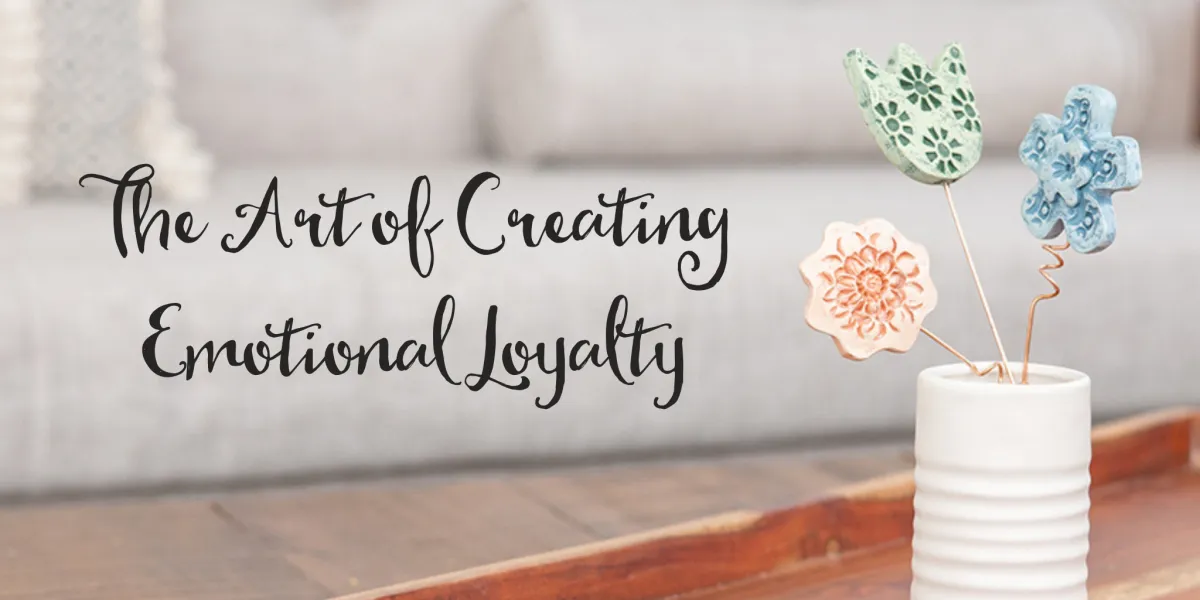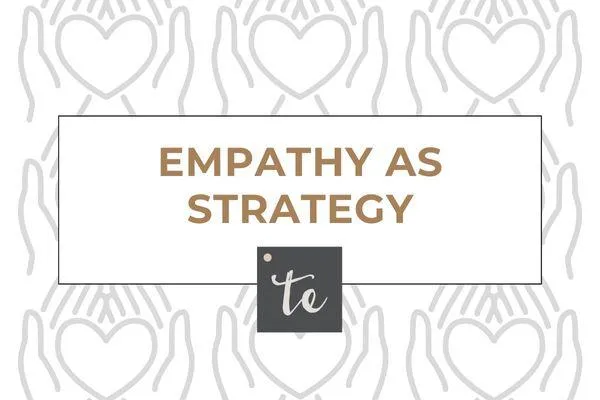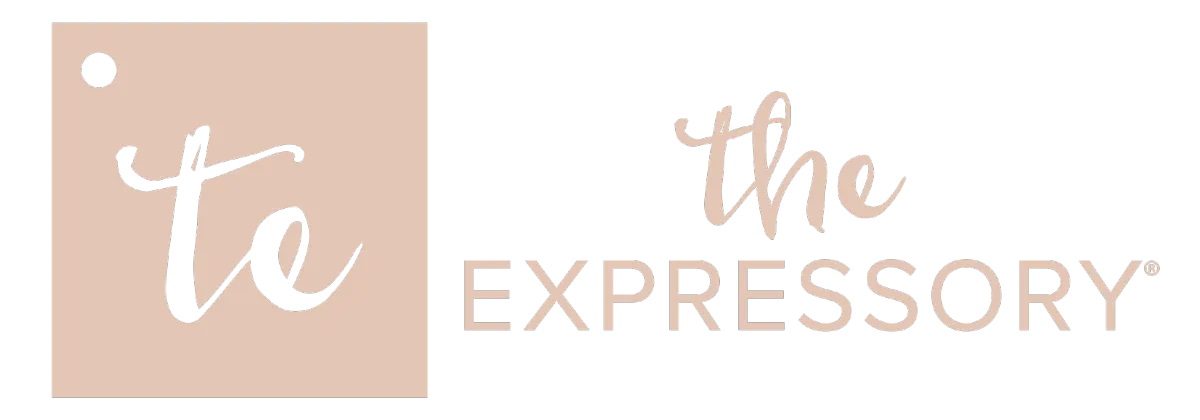
What Swimming Teaches Us About Team Relationships
In my latest video, I break down how swimming teaches us the importance of these relationship-building efforts and the specifics of what we as leaders need to nurture with our teams.
Holiday Gift Insights - What Everyone Else Is Doing
In an effort to simplify the decision-making process, we're sharing some of the trends we've seen with gifting over the years. We're even sharing our best seller and why that gift had such success.
What Makes A Successful Holiday Gift? The Travel Bag Edition
Last year we had the opportunity to work with one of our clients in the travel and tourism space to design an experience that delivered their highest engagement yet.

Empathy as Strategy
At the core of every successful business relationship is a fundamental, yet often overlooked, element: care (empathy). Showing genuine care in your business interactions not only nurtures trust and respect but also fosters long-term partnerships and loyalty. It’s not just a nice gesture in today’s environment — it's a must have in your strategic engagement system.
Drawing from the work of social psychologist Harry T. Reis, that we’ve covered in other posts, we find valuable insights into the science of relationships that help us understand why care and empathy play important roles in business. Reis highlights three critical building blocks of all relationships: A person needs - felt understanding, validation, and care.
Knowing that empathy & care can help convert sales faster and keep your clients and team for the long-term, let’s look at five ways to show your business relationships that you care.
1 - Listen - Empathy in Business Interactions
The first element of Reis' framework is the feeling of being understood. This involves empathetically grasping the other person’s perspective. It's about appreciating their views and challenges as they perceive them. In business, this translates to more than just listening; it requires engagement and alignment with your clients’ or prospects’ needs and goals. Recognize and react to their emotions, showing that you understand what’s important in their world.
Taking the time to listen and relate at a human level speaks volumes to the people on the other side of your relationships. Especially when they are so used to feeling disconnected in such a fast-paced digital world. To know that they have a partner in you will create long term bonds.
2 - Acknowledge and Validate Client Perspectives
In a business context, this means acknowledging the uniqueness of each client or partner's world and responding in a manner that shows you value that those things are important to them. According to Reis, recognizing the worth in how others see themselves and their aspirations is validating. And quite honestly, this feels like you must care because you took the time to acknowledge what’s important to me.
Encourage customers to share their pain points, goals, and concerns, and listen to their responses. Acknowledge that you believe that they have what it takes to achieve those goals. Maybe even drop them encouraging words from time to time to remind them to keep going. If it’s important to them, and you make an effort to talk about it, you’ve just solidified yourself as someone worthy of being connected to for the long term.
3 - Demonstrate Genuine Care
Care is not just a feeling but an action. In business, showing care means actively supporting your clients and prospects, especially in times of need. It means being generously helpful even if you don’t work with this person yet. This type of behavior builds a deeper level of trust. It involves going beyond the expected, providing support, and showing genuine interest and concern for their well-being.
This can look like sharing your knowledge when you know something about the person’s pain points. It can also be expressing personal acknowledgements when you hear they are sick. It can even be offering your time to mentor someone when you learn they are trying to achieve a certain goal.
4 - Build Trust Through Responsive Interactions
The best part about care is that the belief of being supported can often be more important than the actual support itself. According to Reis' research, just knowing you would be there to support them is impactful enough to create a bond.
This means consistency. It means showing up and making the person feel heard, understood, and valued on a regular basis. To do this well, chances are you’ll need a system or plans in place to hold you accountable. Rotate your outreach. Set aside days of the week or month to sit down and contact your clients or prospects. Perhaps the team shares this task, but as a company, you should be finding ways to make sure that you’ve shown some human level attention to your important connections on a regular basis. This is not just about work. It’s about what’s important in their world. And showing that you see it.
5 - Strategically Create a Nurturing Culture
Ideally your efforts will cultivate an environment where understanding, validation, and care are not just practiced in client interactions but are embedded into the company's ethos. Once you have experienced the results of connecting with care and empathy, you’ll want to extend that to your interactions with the entire ecosystem of supporting business relationships. Your team, your peers, your advisors, your vendors.
A nurturing culture encourages employees to engage empathetically with each other and with clients, creating a ripple effect of positive relationship dynamics. The same strategies above will apply to the people who support your company. Show them that you understand what’s important to them. Acknowledge your team’s family or personal interests. Find out what they’re interested in learning and feed that desire. Acknowledge the tough times, the struggles, the “I need a moment”. Lift them up by showing that you’re there to support them and encourage time for them to do the same with others. They will.
By implementing these strategies, you’ll find that people are naturally drawn to your orbit, opening more opportunities, higher retention, and faster conversion. When you model this kind of engagement with others, they will develop the same behavior. It will spread and you’ll watch as your community grows.
I invite you to join us for an upcoming Q&A to talk about your experience with any of these strategies. It’s not in everyone’s nature to nurture relationships in this way, so I’m always happy to discuss scenarios and solutions. I want you to shine in your community as the person that others want to relate to. Feel free to schedule one-on-one time if that works better for you.

